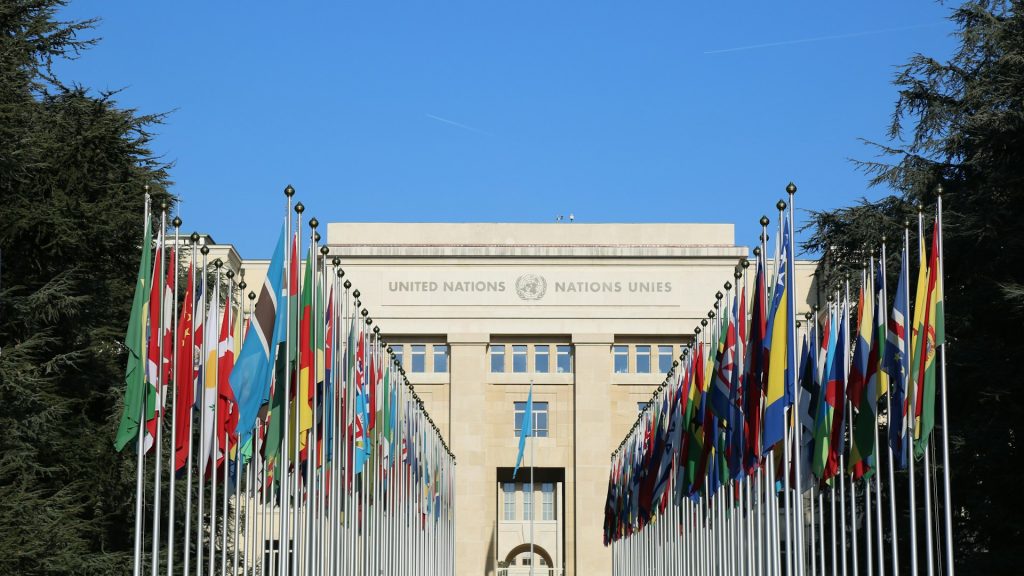The United Nations (UN) has called attention to the escalating intersection of conflict, forced displacement, and climate stress, urging the upcoming COP30 summit to prioritize dedicated financing mechanisms for the most climate-vulnerable populations.
According to the latest UNHCR assessment, regions currently hosting nearly half of the world’s refugee population could face severe exposure to climate-related shocks within the next 15 years. The report highlights that climate change is intensifying pre-existing vulnerabilities while accelerating population displacement patterns, creating multidimensional risks for both refugees and host communities with limited adaptive capacity.
It said climate shocks were increasing humanitarian needs and amplifying the risks of repeated displacement.
UNHCR said that by mid-2025, 117 million people had been displaced by war, violence and persecution.
Of those, three in four are living in countries facing high-to-extreme exposure to climate-related hazards, it said.
It added that over the past 10 years, weather-related disasters had caused around 250 million internal displacements within countries.
Hardship and devastation
“Extreme weather is… destroying homes and livelihoods and forcing families – many who have already fled violence – to flee once more,” UN refugees chief Filippo Grandi said in a statement.
“These are people who have already endured immense loss, and now they face the same hardships and devastation again. They are among the hardest hit by severe droughts, deadly floods and record-breaking heatwaves, yet they have the fewest resources to recover,” he said.
The UNHCR said that by 2050, the hottest 15 refugee camps in the world – in The Gambia, Eritrea, Ethiopia, Senegal and Mali – are projected to experience nearly 200 days of hazardous heat stress per year.
“Many of these locations are likely to become uninhabitable due to the deadly combination of extreme heat and high humidity,” it said. The report said the number of countries facing extreme exposure to climate-related hazards is projected to rise from three to 65 by 2040.
Those 65 countries host over 45% of all people currently displaced by conflict. Under President Donald Trump, the US, traditionally the world’s top donor, has slashed foreign aid.
Washington previously accounted for more than 40% of the UNHCR’s budget, and other major donor countries have also been tightening their belts.
“Funding cuts are severely limiting our ability to protect refugees and displaced families from the effects of extreme weather,” Grandi said. “To prevent further displacement, climate financing needs to reach the communities already living on the edge,” he said. “This COP must deliver real action, not empty promises.”
The UNHCR report saw an “opportunity” in refugee-hosting places where ecosystems are deteriorating, saying sustainable financing for environmental restoration could create jobs and build local climate resilience.













